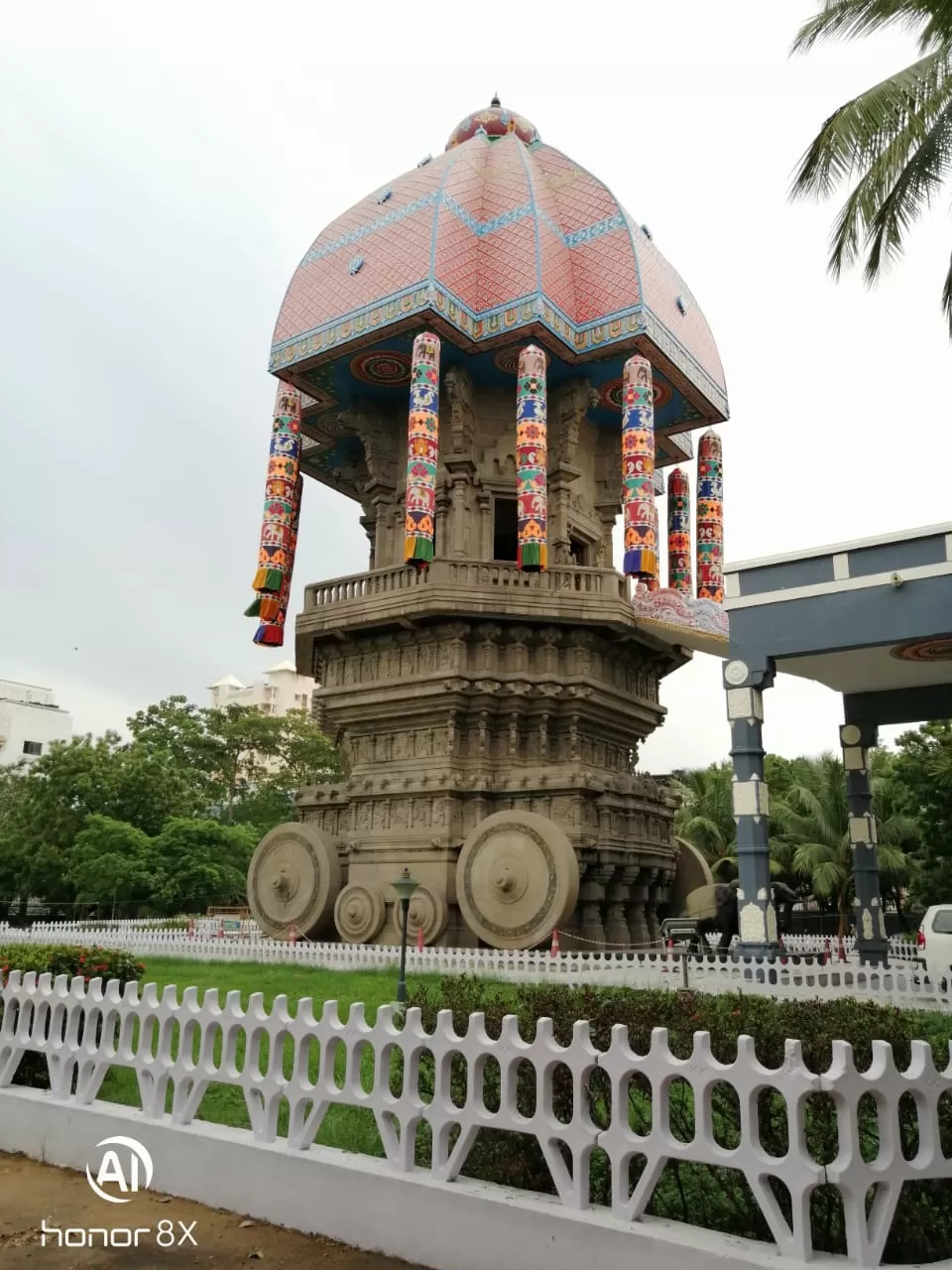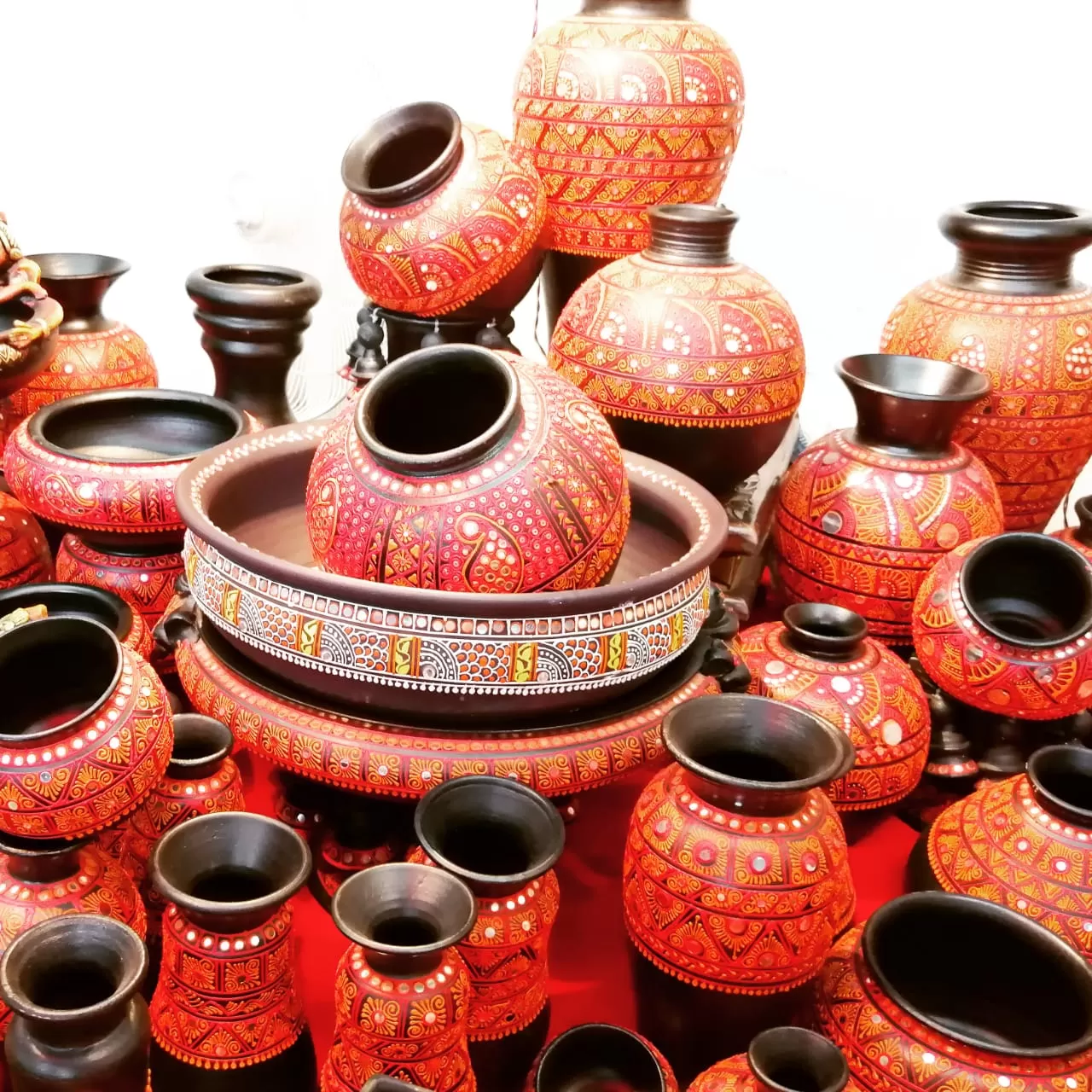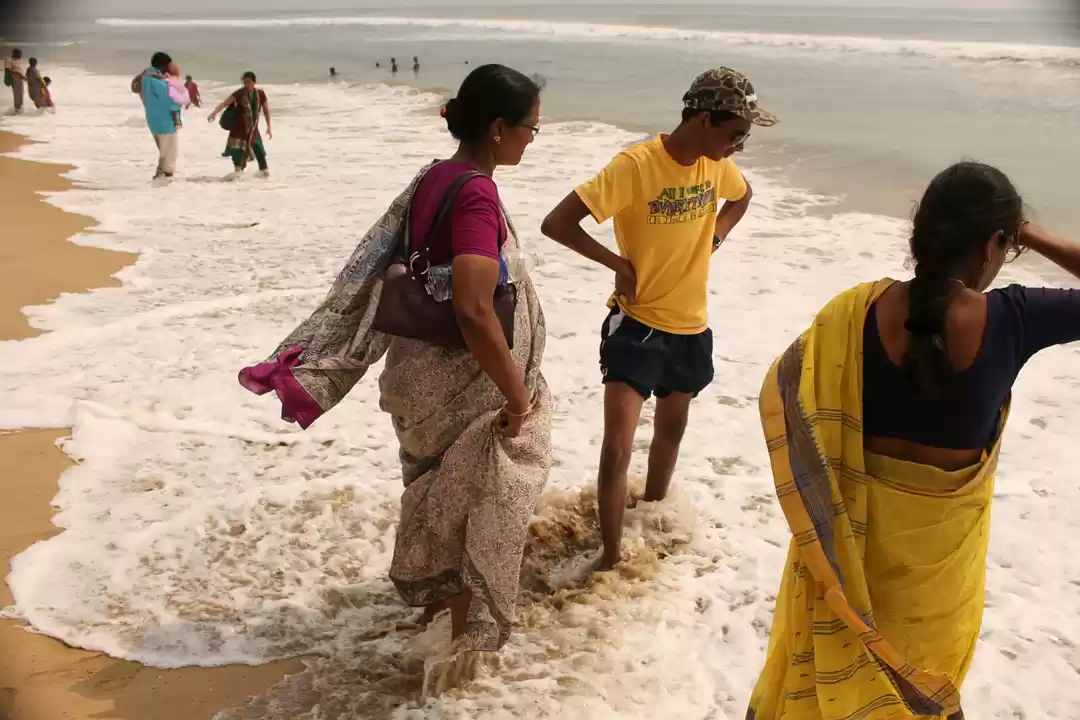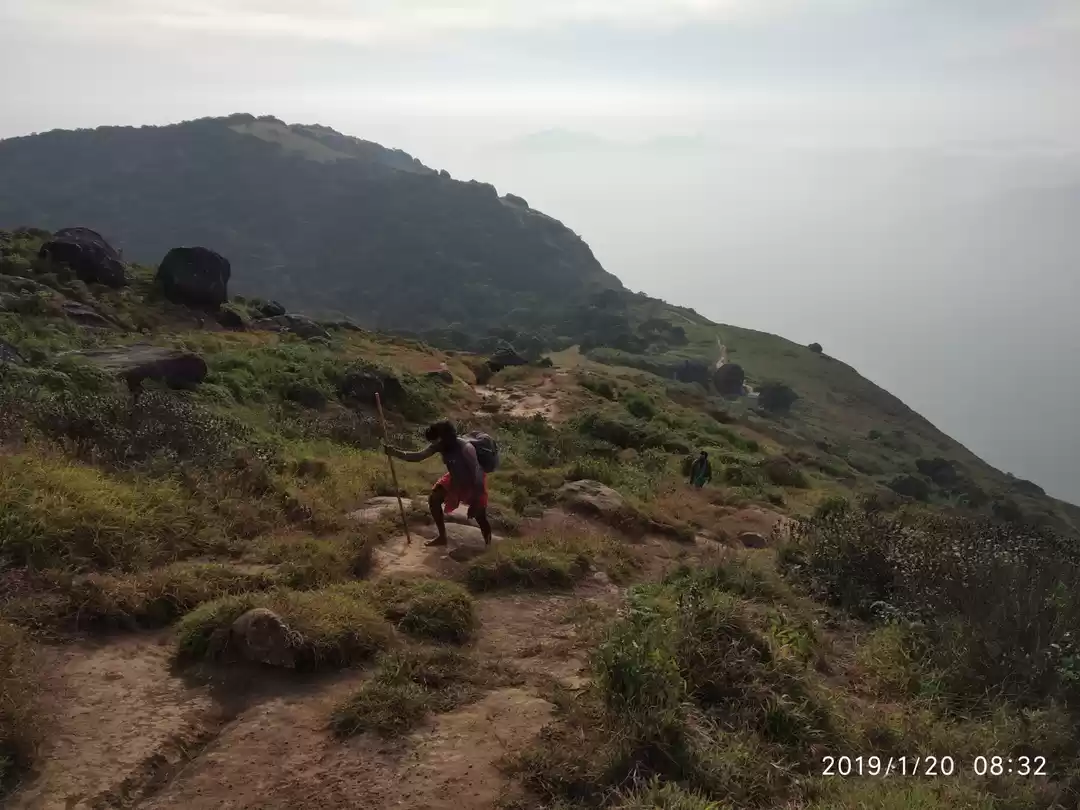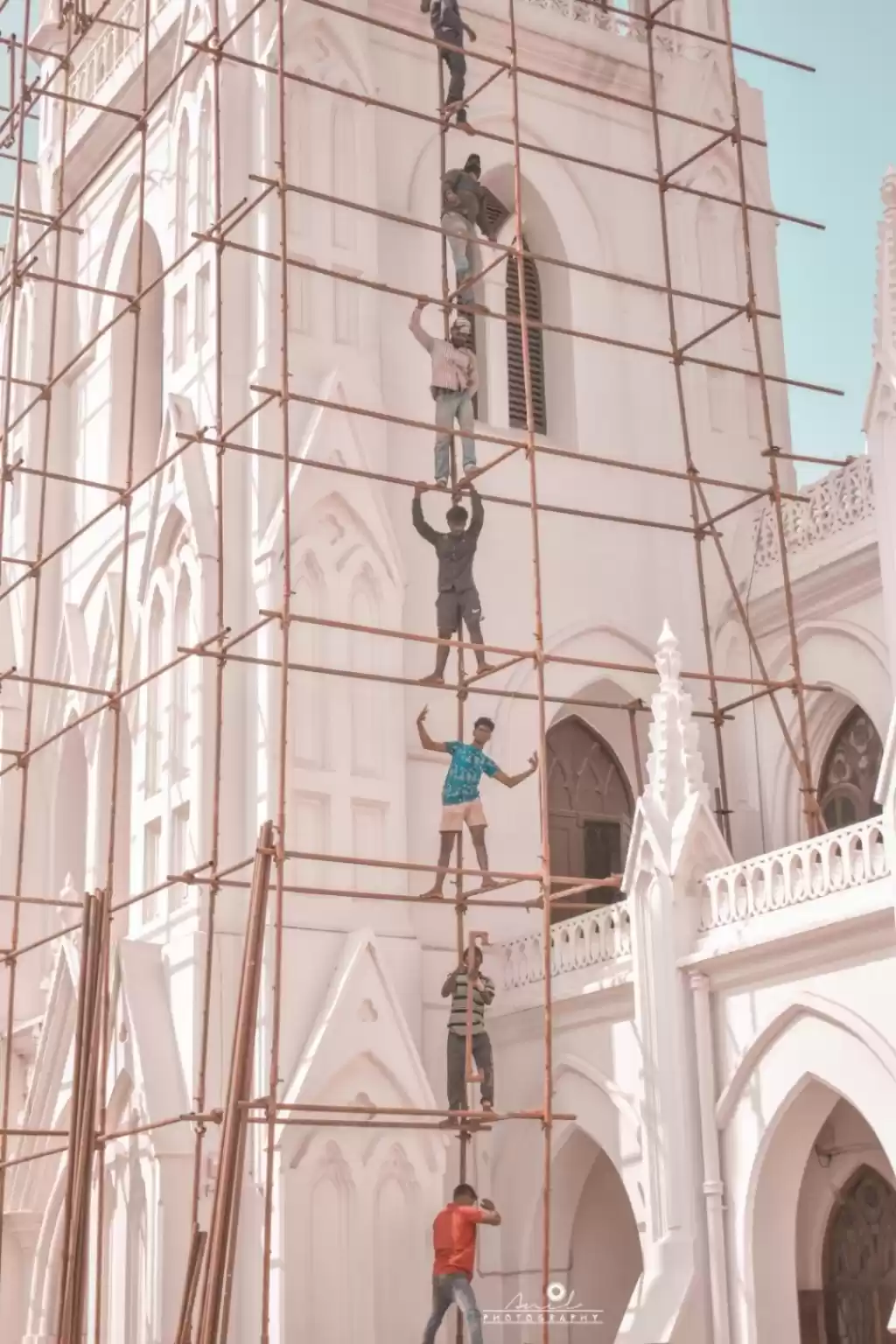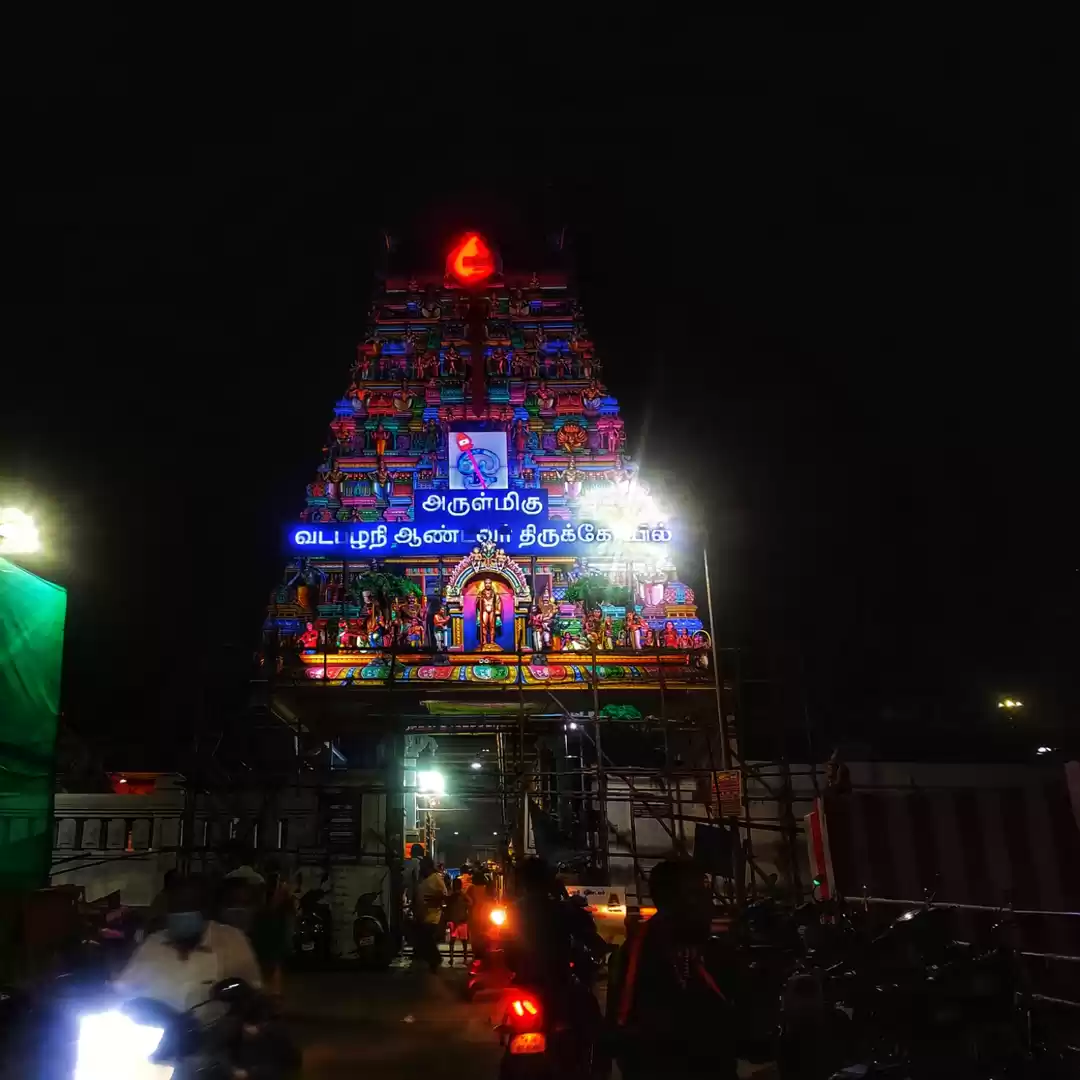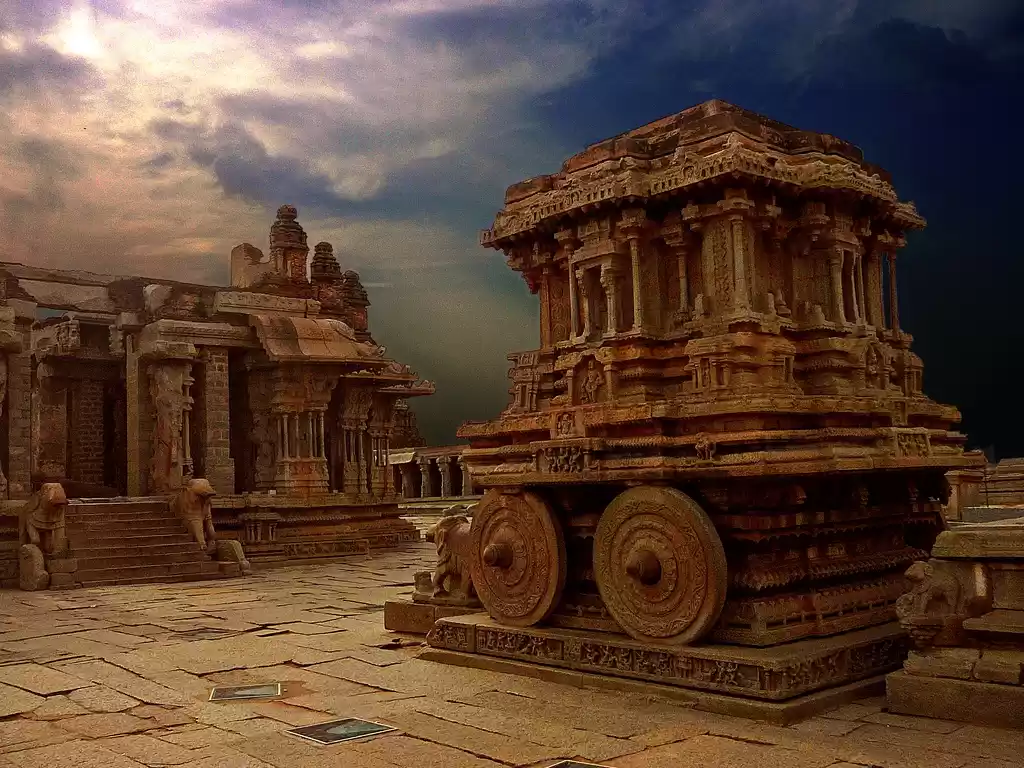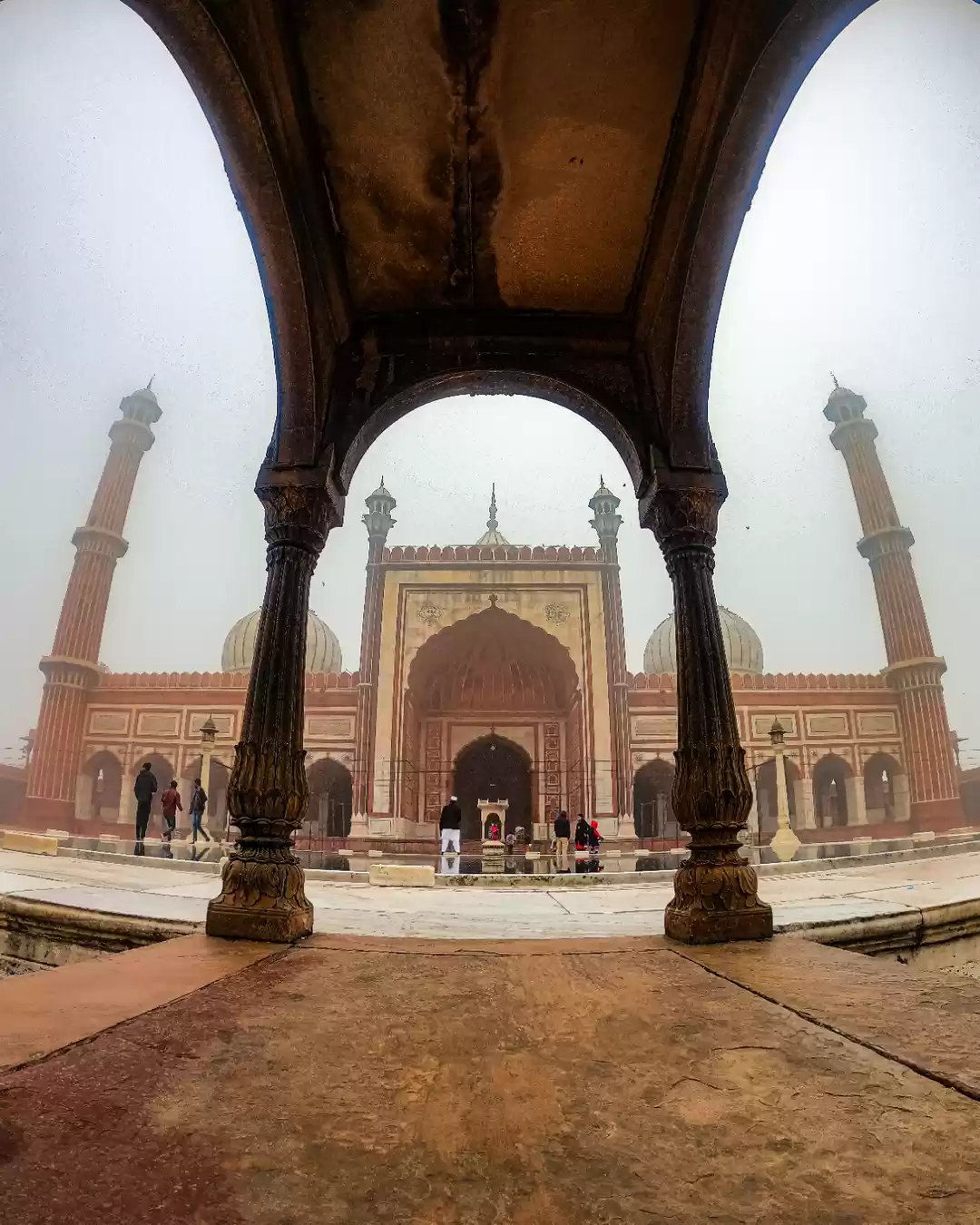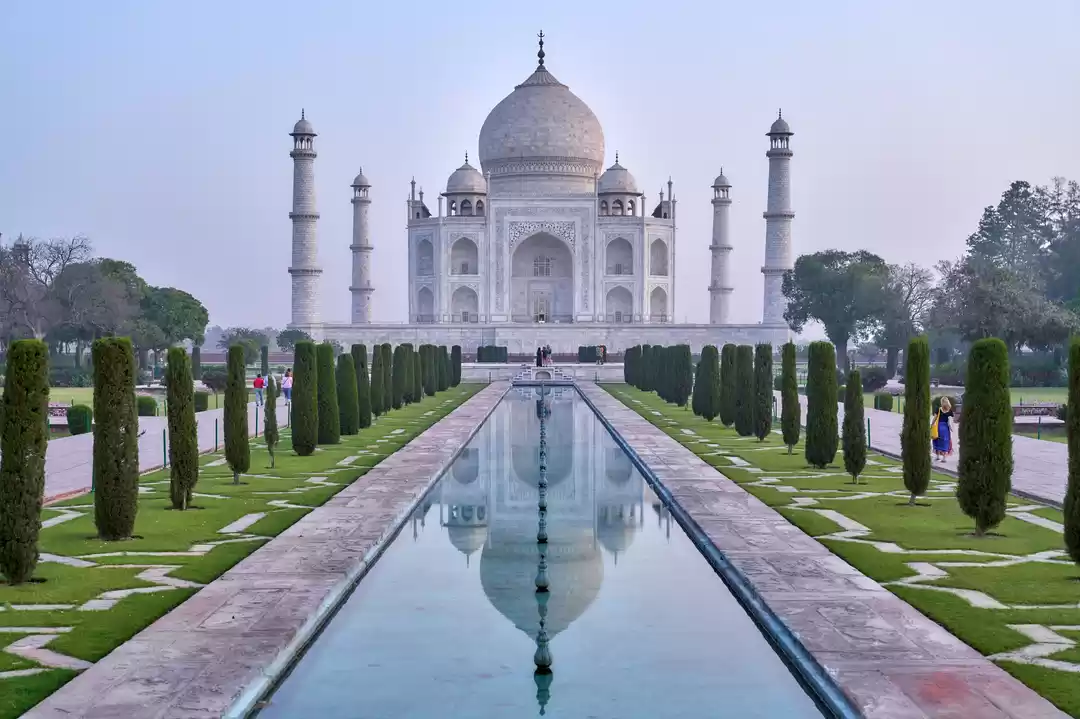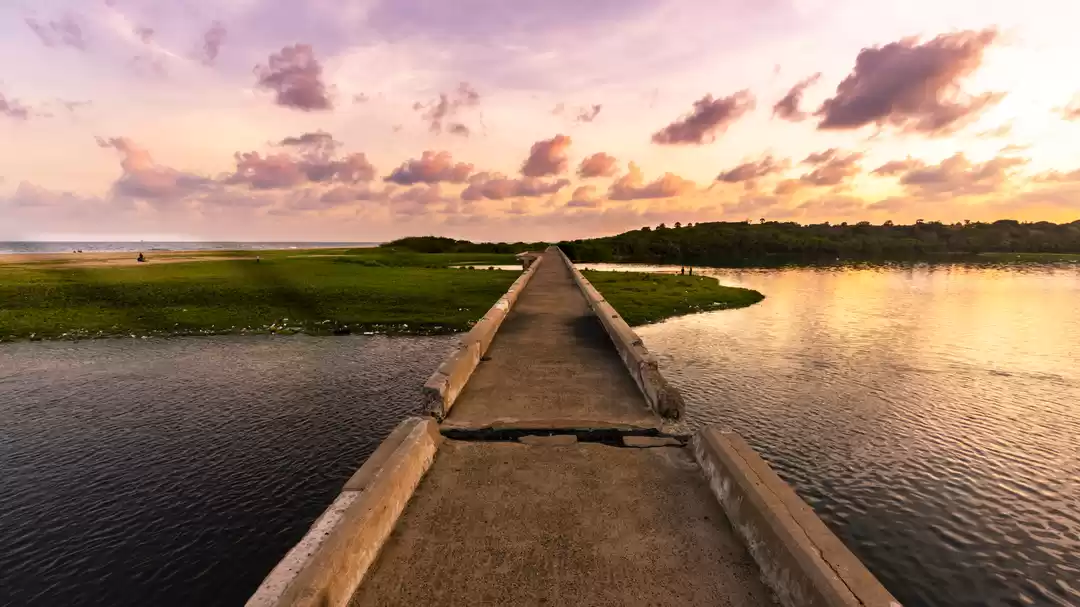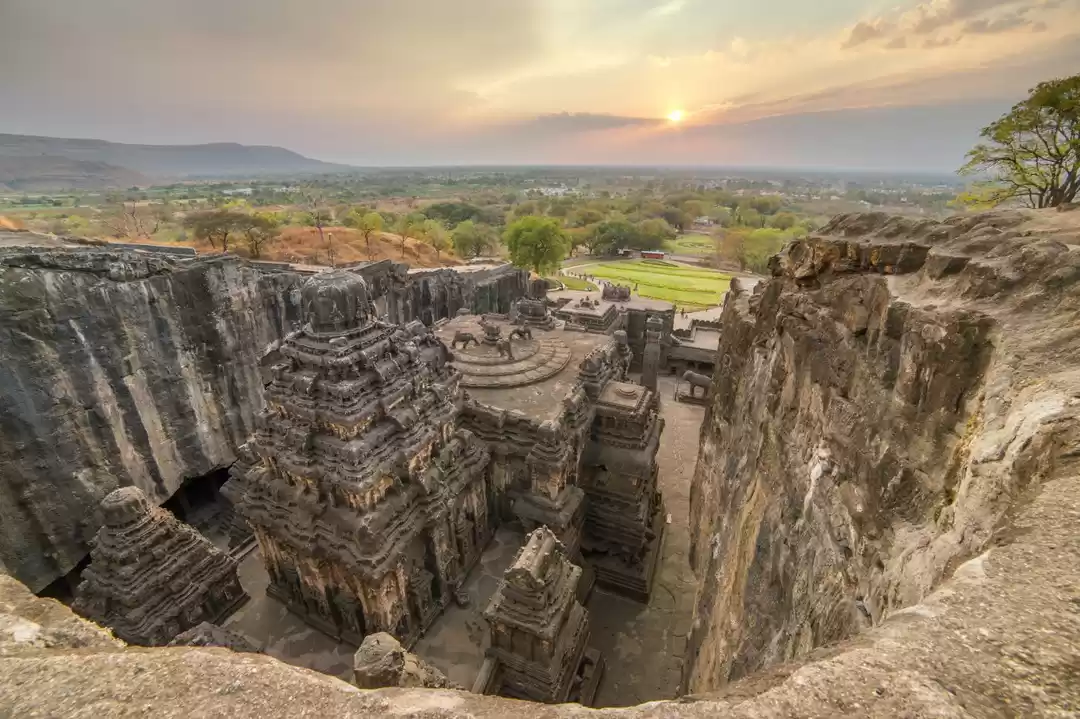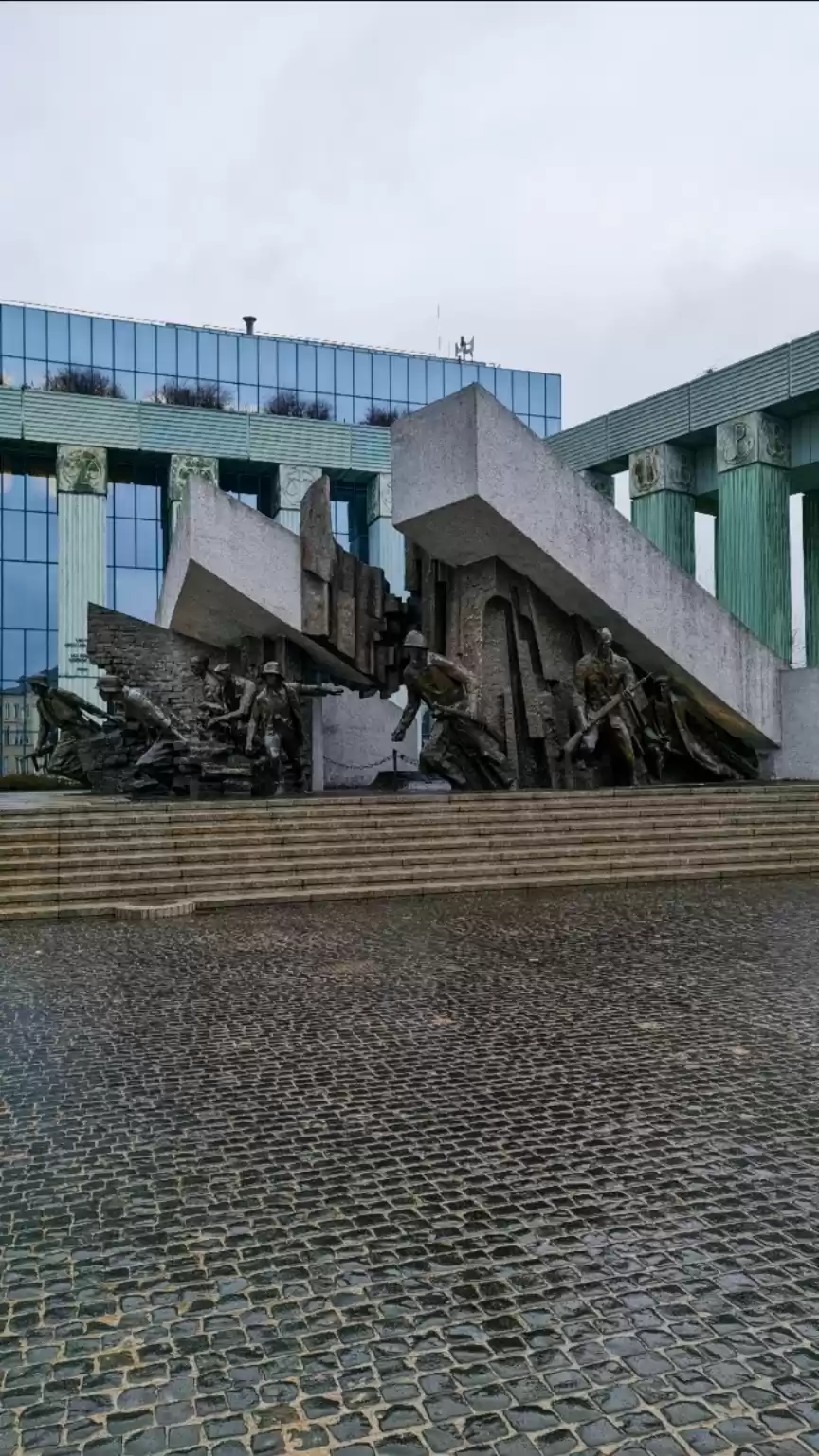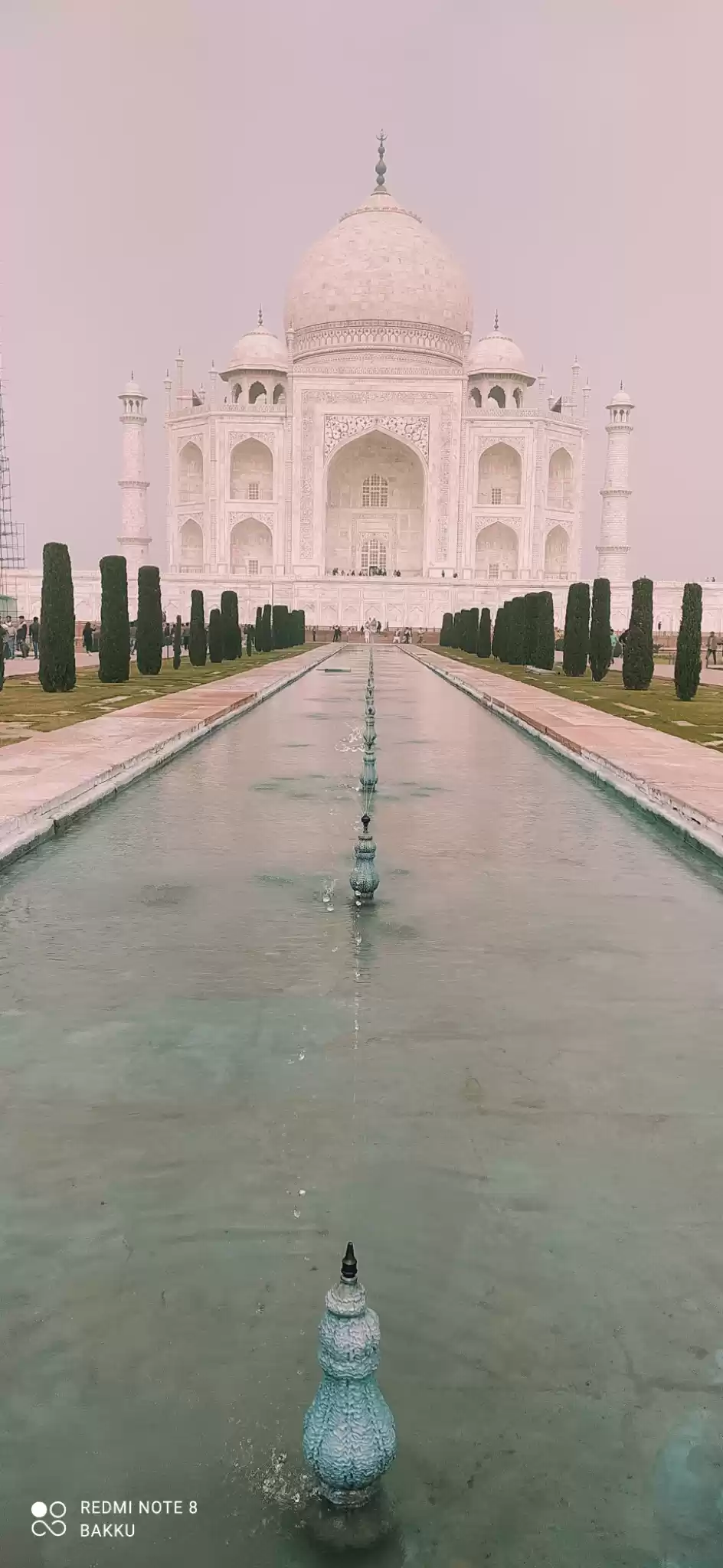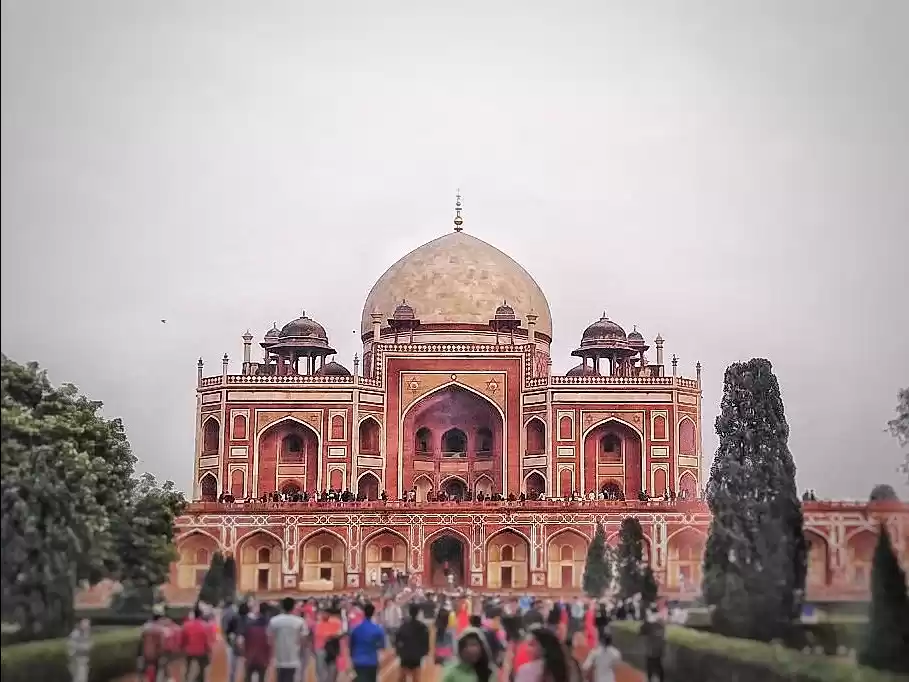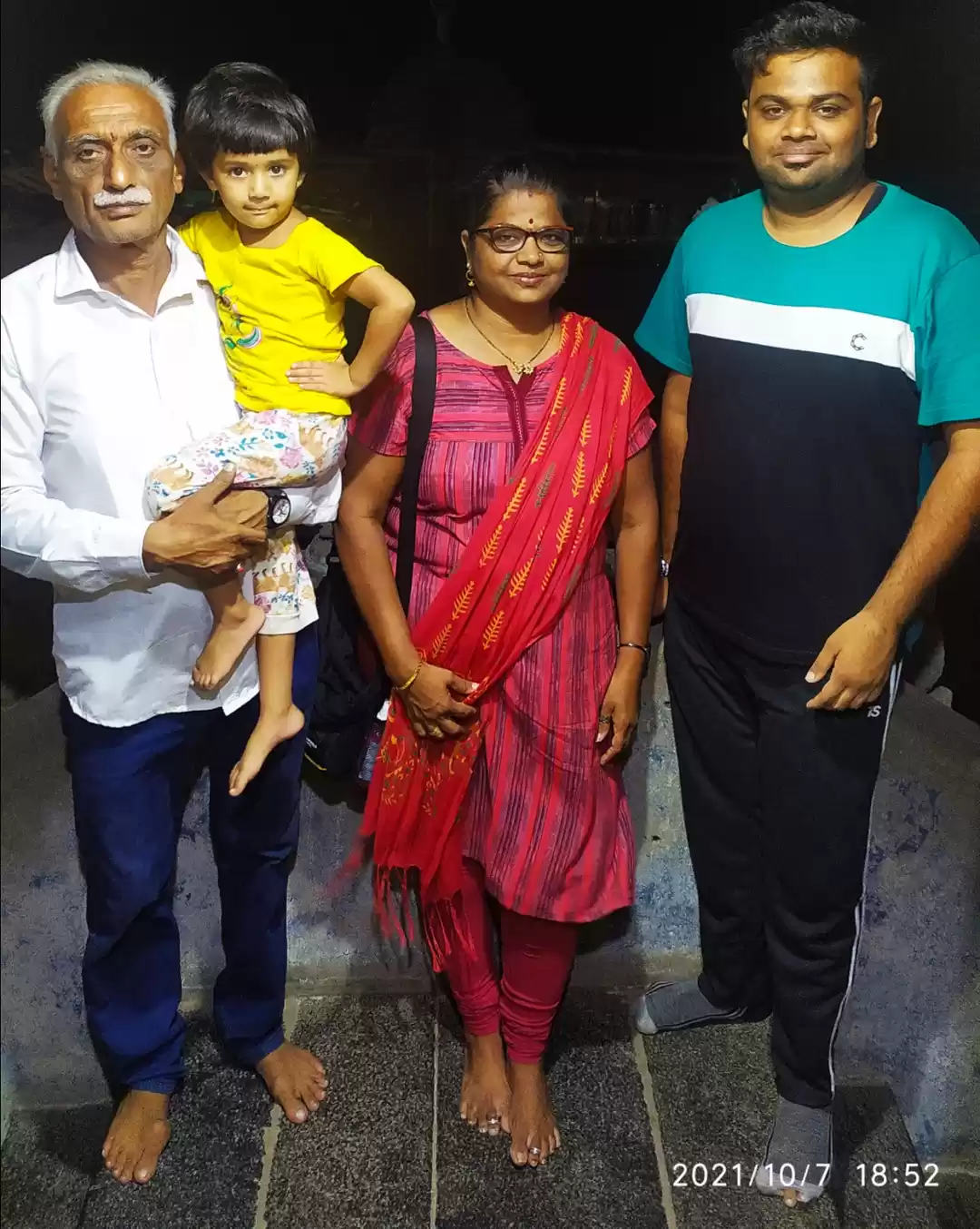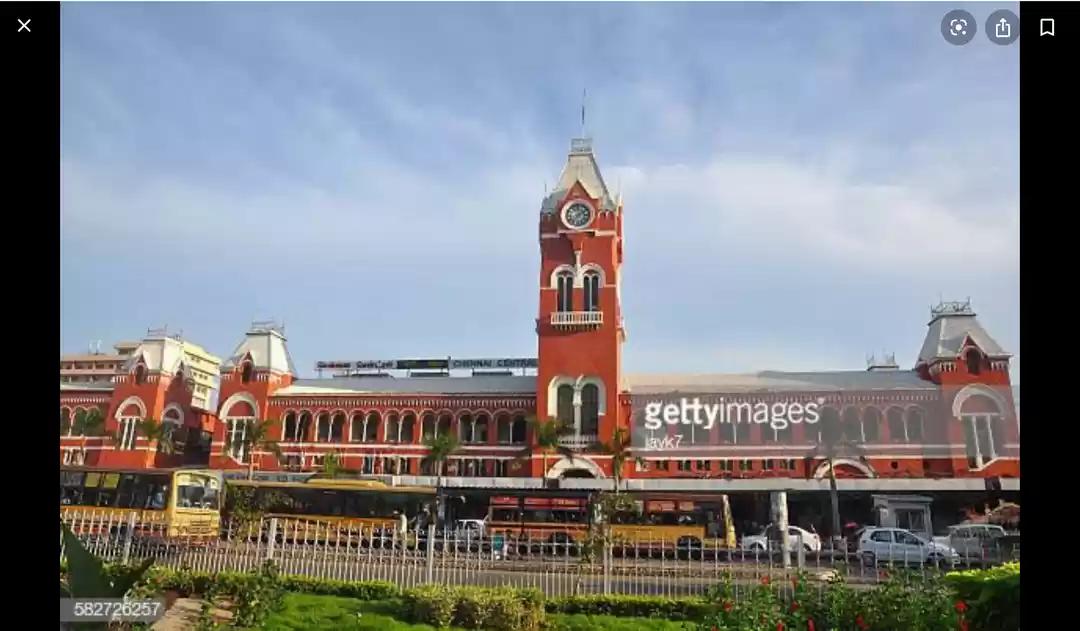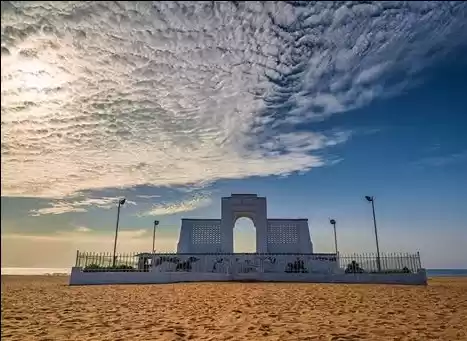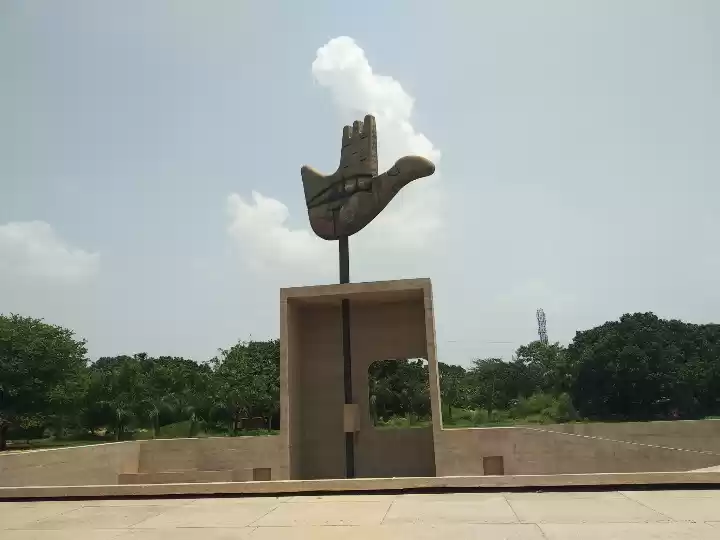Valluvar Kottam is a one-of-a-kind monument in Chennai that pays homage to the classical Tamil poet and saint Thiruvalluvar, who is revered for his ethical and moral teachings in Thirukkural. The monument is a replica of the temple chariot in Thiruvarur, with a life-size statue of Thiruvalluvar sitting on top of it.
The monument also has an auditorium that hosts cultural programs and exhibitions, and granite columns that bear the verses of Thirukkural. Valluvar Kottam is a must-visit for anyone who wants to appreciate the rich Tamil culture and literature, as well as the architectural marvel that it is. In this article, we will explore the history, architecture, significance, and attractions of Valluvar Kottam in Chennai.
History of Valluvar Kottam
Valluvar Kottam was built in the 1970s by the then Chief Minister of Tamil Nadu, M. Karunanidhi, who was also a poet and a follower of Thiruvalluvar. The monument was constructed on the site of a former lake, which was filled up and reclaimed for the project.
The monument was designed by V. Ganapati Sthapati, a renowned architect and sculptor, who also designed the Thiruvalluvar statue at Kanyakumari. The monument was inaugurated in 1976 by the then President of India, Fakhruddin Ali Ahmed. In 1984, Mother Teresa planted some saplings in the premises of the monument, which are still growing today.
Architecture of Valluvar Kottam
The main attraction of Valluvar Kottam is the temple chariot-like structure, which is 39 meters high and 35 meters wide. The chariot is made of concrete and has intricate carvings and sculptures depicting scenes from Thirukkural. On top of the chariot, there is a statue of Thiruvalluvar, which is 3.6 meters tall and weighs 6 tons. The statue was carved from a single block of granite by the sculptor Dr. V. Ganapathy. The statue faces east, towards the rising sun, symbolizing the enlightenment that Thiruvalluvar’s teachings bring.

The monument also has an auditorium, which is one of the largest in Asia, with a seating capacity of 4000 people. The auditorium is air-conditioned and has a stage that can accommodate 1000 performers. The auditorium is used for various cultural events and exhibitions, such as music concerts, dance recitals, drama shows, and book fairs. The auditorium also has a library that contains books on Tamil literature and culture.
Another feature of the monument is the granite columns that surround the chariot. There are 1330 columns in total, each with a verse from Thirukkural inscribed on it. The verses are written in Tamil script, with English translations below them. The columns are arranged in 38 rows, corresponding to the 38 chapters of Thirukkural. The columns are a great way to learn and appreciate the wisdom and beauty of Thirukkural, which is considered one of the finest works of Tamil literature.
About Thiruvalluvar and Thirukkurals
Thiruvalluvar was a poet and saint who lived in Tamil Nadu between the 3rd and 1st centuries BCE. He is the author of Thirukkural, a collection of 1330 couplets that deal with various aspects of life, such as ethics, politics, love, and spirituality. Thirukkural is also known as the Universal Veda, as it contains universal truths that are applicable to all people and all times.
Thirukkural is divided into three sections: Aram (virtue), Porul (wealth), and Inbam (love). Each section has several chapters, and each chapter has 10 couplets. Thirukkural is admired for its brevity, clarity, and profundity, and has been translated into many languages and influenced many thinkers and writers.

Some examples of Thirukkurals that are inscribed on the monument are:
As the alphabet ‘A’ is the beginning of all letters, so is God the beginning of all things. (Chapter 1, Verse 1)
Rain produces food, and is itself food; and is the foremost of all things that deserve to be cherished. (Chapter 2, Verse 20)
The wound burnt by fire may heal, but not the wound burnt by the tongue. (Chapter 8, Verse 81)
The wealth of a man without gratitude is like a city without walls. (Chapter 23, Verse 230)
The learned are said to have eyes, the unlearned have two sores in their face. (Chapter 40, Verse 397)
The friendship that makes friends weep when one is in sorrow, will make them rejoice in his prosperity. (Chapter 78, Verse 781)
How to Reach Valluvar Kottam
Valluvar Kottam is located in Nungambakkam, a central and well-connected area of Chennai. The address of the monument is Valluvar Kottam High Road, Nungambakkam, Chennai, Tamil Nadu 600034. The monument is open from 8:30 am to 5:30 pm on all days, except national holidays. The entry fee is Rs. 10 for adults and Rs. 5 for children.
The easiest way to reach Valluvar Kottam is by public transport, such as bus, metro, or auto-rickshaw. The nearest bus stop is Valluvar Kottam Bus Stop, which is just a few meters away from the monument. The nearest metro station is Kodambakkam Metro Station, which is about 2 km away from the monument. The nearest railway station is Kodambakkam Railway Station, which is about 3 km away from the monument. You can also hire a cab or a bike from any part of the city to reach Valluvar Kottam.
The best time to visit Valluvar Kottam is in the morning or evening, when the weather is pleasant and the crowd is less. You can spend about an hour or two at the monument, admiring the architecture, reading the verses, and attending the events. The monument has a parking facility, a cafeteria, and a souvenir shop for the convenience of the visitors.
Nearby Attractions and Activities
Valluvar Kottam is not only a monument, but also a cultural hub that offers a variety of attractions and activities for the visitors. Some of the nearby attractions and activities are:

Government Museum:
This is one of the oldest and largest museums in India, which houses a collection of art, archaeology, anthropology, numismatics, and zoology. The museum is famous for its bronze gallery, which displays some of the finest specimens of South Indian bronze sculptures. The museum also has a children’s section, a theatre, and a library. The museum is about 3 km away from Valluvar Kottam, and is open from 9:30 am to 5 pm on all days, except Fridays and national holidays. The entry fee is Rs. 15 for adults and Rs. 10 for children.

Semmozhi Poonga:
This is a botanical garden that spans over 20 acres of land, and showcases a variety of plants, trees, flowers, and herbs. The garden has different zones, such as medicinal plants, aromatic plants, butterfly garden, rock garden, and water garden. The garden also has a musical fountain, an artificial waterfall, and a children’s play area. The garden is about 4 km away from Valluvar Kottam, and is open from 10 am to 8 pm on all days. The entry fee is Rs. 15 for adults and Rs. 10 for children.

Thousand Lights Mosque:
This is a historic and beautiful mosque that was built in the 19th century by Nawab Umdat-ul-Umrah. The mosque is named after the thousand oil lamps that light up the hall of the mosque. The mosque has a distinctive architecture, with domes, minarets, and arches. The mosque also has a library, a burial ground, and a guest house. The mosque is about 5 km away from Valluvar Kottam, and is open from 5 am to 9 pm on all days. The entry is free for all, but visitors have to follow the dress code and etiquette of the mosque.

Marina Beach:
This is the longest natural urban beach in India, and one of the most popular attractions in Chennai. The beach stretches for 13 km along the Bay of Bengal, and offers a scenic view of the sunrise and sunset. The beach is also a hub of activity, with vendors, food stalls, amusement rides, and sports facilities. The beach is about 6 km away from Valluvar Kottam, and is open from 5 am to 10 pm on all days. The entry is free for all, but visitors have to be careful of the strong currents and waves.
Valluvar Kottam is a remarkable monument that celebrates the legacy and wisdom of Thiruvalluvar, the Tamil poet and saint. The monument is a masterpiece of architecture and art, and a symbol of the Tamil culture and literature. Valluvar Kottam is a must-visit for anyone who wants to experience the beauty and depth of Thirukkural, and the history and heritage of Chennai.
Have you visited Valluvar Kottam or read Thirukkural? Share your thoughts and experiences with us in the comments below.

